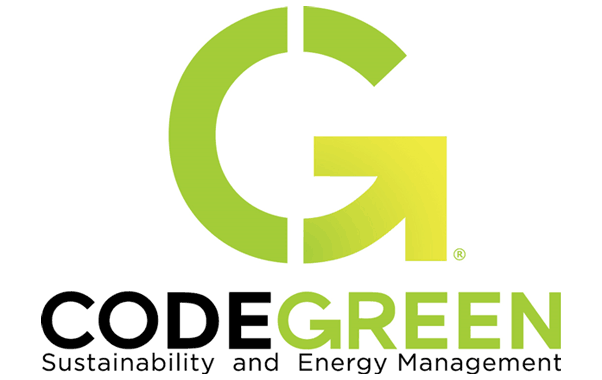Code Green Solutions


Platinum certified LEED home in Manhattan Beach, CA
A report published by the UNC Center for Community Capital and the Institute for Market Transformation suggests that home energy efficiency is associated with lower default risk. After analyzing a national sample of actual loan performance data from 71,000 single-family mortgages, of which 35% were ENERGY STAR-rated homes, the study found that default risk of ENERGY STAR-rated home mortgages was 32% lower, on average, compared to standard home mortgages, after accounting for loan, household, and neighborhood characteristics. The degree of energy efficiency also matters. A one point decrease in the Home Energy Rating Systems (HERS) Index Score is associated with a 4% decrease in the risk of default, controlling for other factors.
Few banks have been willing to offer mortgages that take into account the cost savings associated with energy efficient homes, to a large extent, due to a lack of information recording their default risks. The study provides a long-awaited empirical evidence to back up a theory that homeowners of energy efficient homes are more likely to repay their mortgages. The savings from lower household energy consumption provide a cushion in case of emergencies or unexpected events that could make mortgage repayment more challenging.
A number of specialized mortgages currently exist to finance home energy improvements, including energy improvement mortgages (EIM) and energy-efficient mortgages (EEM). EIMs allow the borrower to add the costs of energy improvements to the mortgage. EEMs allow the borrower to qualify for a larger loan or obtain a lower interest rate due to lenders’ flexibility in the debt-to-income ratio and other underwriting parameters. Very few lenders offer those specialized mortgages, with less than $6 million of those loans underwritten in aggregate.
The study suggests that lenders should account for home energy efficiency in their mortgage underwriting decisions. They may want to require an energy audit to account for the degree of energy efficiency. Higher energy rating may allow for a higher debt-to-income ratio, resulting in a higher appraisal value. Mandatory energy audits would encourage homeowners to invest in energy efficiency measures and likely promote long-term energy efficiency of the housing stock.